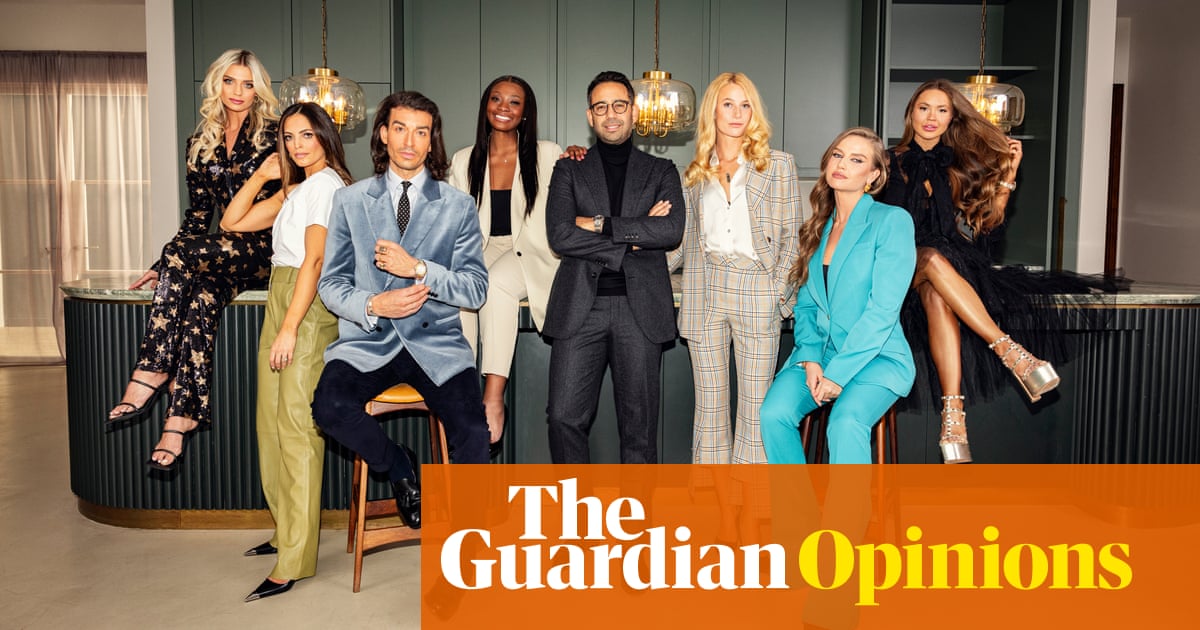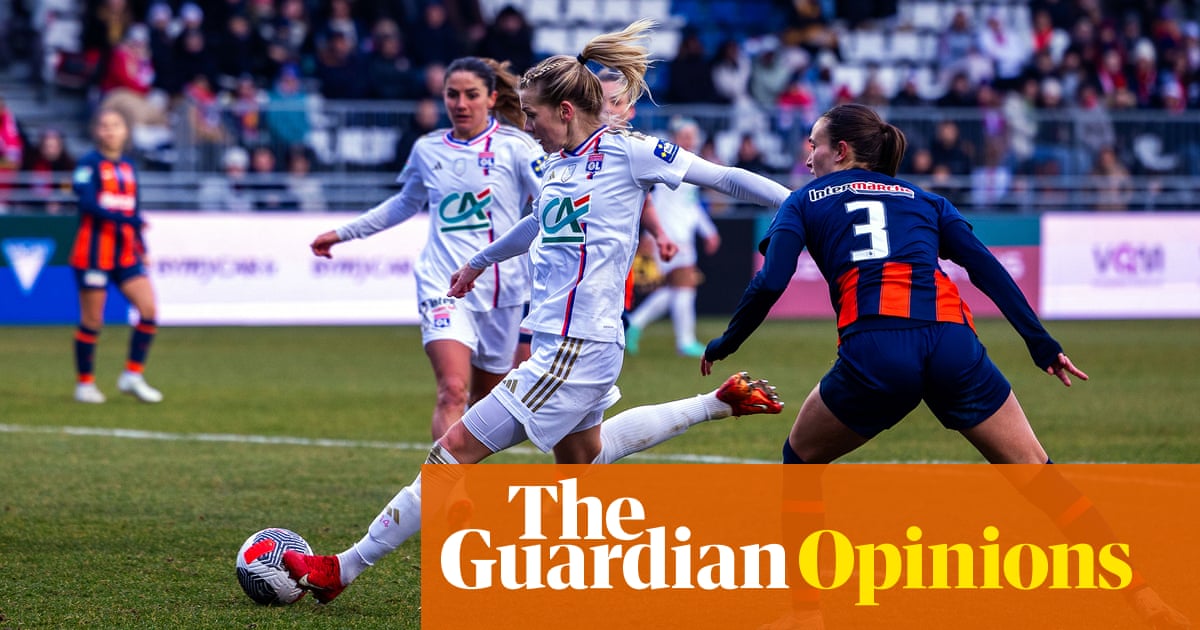
Pleasures don’t come more guilty than my annual Love Island fix. There’s something sheepishly addictive about watching absurdly beautiful twentysomethings compete for £50,000 by making and breaking relationships, all the while living on top of one another in a claustrophobic luxury villa.
It takes the voyeurism of reality TV to a whole new level, with declarations of attraction, flirting and rejection all taking place in front of millions. The series has also rightly been criticised for its uniform promotion of idealised body types that require obsessive levels of dieting, exercising and surgical enhancement, a lack of racial diversity, and its fast-fashion sponsorship deals.
Its saving grace is that it has not been wholly unresponsive to criticism (this year’s contestants are the most diverse yet and embracing “pre-loved” fashion for the first time). After two former contestants took their own lives in 2018 and 2019, ITV claims it has been on a journey to improve contestant wellbeing since the early series that were plagued by heavy drinking, smoking and bullying.
The broadcaster says it takes its duty of care towards participants seriously, and that it has introduced robust assessment of their mental health before the start, ongoing psychological support, counselling sessions after the show ends and training on how to handle social media abuse, of which there is inevitably plenty. Access to alcohol is strictly controlled in an environment where contestants are filmed 24/7.
There have certainly been moments in the last two or three series where bad behaviour has gone unchallenged and the show has felt cruelly rigged to generate excessive conflict. But they have been tempered with the sweetly positive – blossoming romantic connections, lasting friendships characterised by care and affection, joyous reunions with family members – that contrast favourably with some of the nakedly exploitative reality formats promoted by unregulated streaming services like Netflix.
Take the US series Love is Blind, for example, in which groups of contestants date each other separated by a screen, with a view to getting engaged without ever setting eyes on one another. People with insecurity issues who should clearly be nowhere near a reality TV show are plied with alcohol, inevitably resulting in tears and screaming matches. The first series made for horrible viewing; a participant in the second series has just announced he is suing Netflix over alleged breaches of employment laws, claiming that producers encouraged participants to consume alcohol on an empty stomach, limited their access to food and water to the point of severe hunger, and underpaid them. Astonishingly, none of this has stopped it being nominated for an Emmy.
But this latest series of Love Island has struck a much more unpleasant tone than those of recent years, prompting thousands of viewer complaints to Ofcom. There has been more toxic male behaviour than usual, with contestants egging each other on to disrespect their partners and adopt double standards when it comes to their own behaviour. For the second time in the show’s history, the domestic abuse charity Women’s Aid has felt compelled to comment on the misogynistic and controlling behaviour some men have displayed towards female contestants; one of the contestant’s sisters has even issued an apology for his behaviour. A female participant has been reduced to tears several times after being bullied with personal comments and asides and, after another contestant walked out of the show clearly distressed, citing concerns about his mental health, ITV inappropriately featured an interview with him on its spin-off show Aftersun, playing back clips of his time in the villa to him.
All of this means ITV cannot credibly maintain it is upholding its duty of care to all participants. Splicing 50 minutes of camera action out of 24 hours of material gives producers a huge amount of control over how the stars of their shows come across. The activities they are required to take part in dial the conflict up and down, and former contestants have talked about how they are encouraged into holding particular conversations with each other. Producers have seemingly made a conscious decision to encourage the negativity this year; for example, the games that contestants have been set have predictably egged on rather than defused bullying behaviour. This comes at the expense of both the bullies and the bullied: some of the contestants engaging in poor behaviour have had death threats directed at the social media accounts run on their behalf by their friends and family.
To some extent, reality TV will always be an ethical grey zone. Encouraging contestants to get drunk and make fools of themselves for other people’s entertainment clearly crosses the line. But most of these TV programmes use devices such as boring contestants into producing more interesting interactions with each other (there are no books, films or music to be had in the villa, just hours of nothing but each other for company). Some will argue that the consenting adults have signed up to this and have much to potentially gain from lucrative post-show contracts and sponsorship deals. The po-faced might say if you’re watching such trashy rubbish in the first place, you have no right to complain.
I take a different view. Millions tune into Love Island each year; for 18- to 34-year-olds its launch was the second most watched TV show this year after Eurovision. ITV is a public service broadcaster, regulated by the Ofcom code, which was updated in 2020 to include a specific duty of care to programme participants. It has a responsibility not to encourage or platform coercively controlling or bullying behaviour. I don’t buy the idea that there is a tradeoff between making the show more positive and more engaging; some of its most rewarding moments come from seeing contestants learn and develop while on the show, and it has at times provided a great talking-point about healthy relationships, boundaries and consent.
The viewer backlash to the harmful behaviour shows that many don’t enjoy seeing it play out on their screens. But much of it has centred on the individuals perceived to be at fault, and itself constitutes social media bullying. The responsibility for cleaning up Love Island lies solely with ITV.
Sonia Sodha is an Observer columnist












